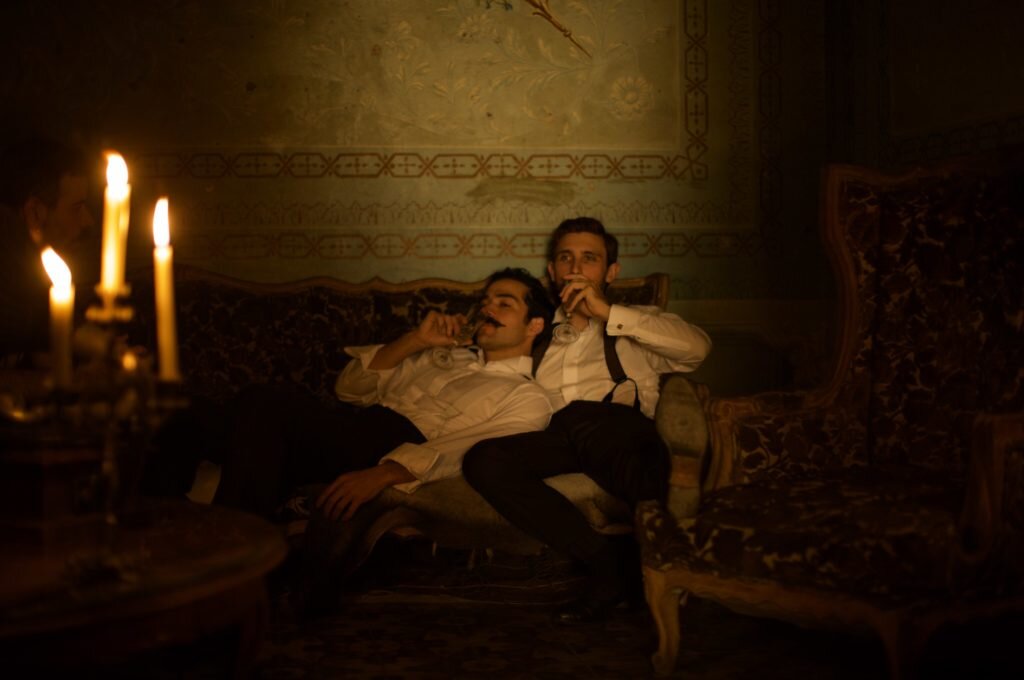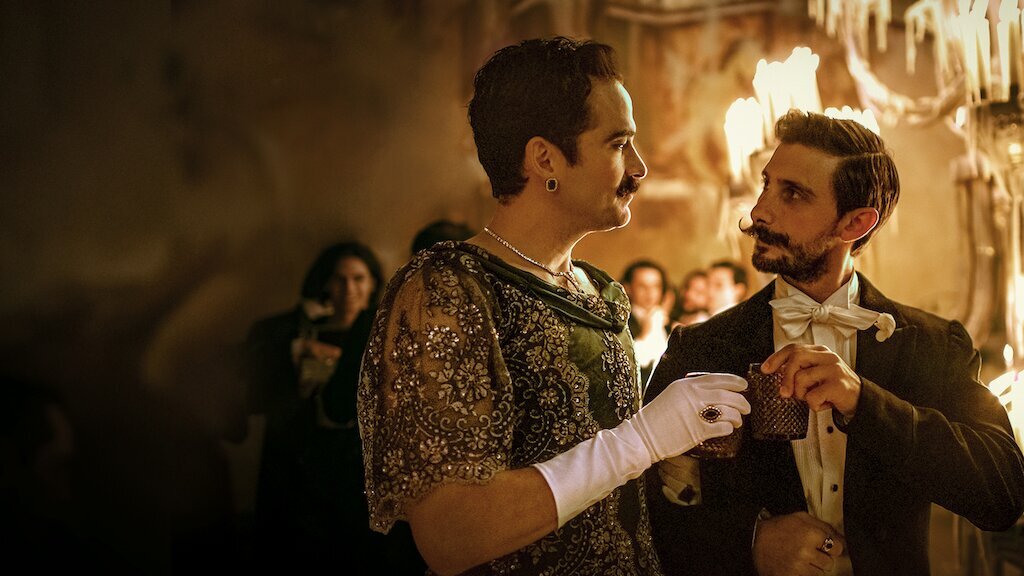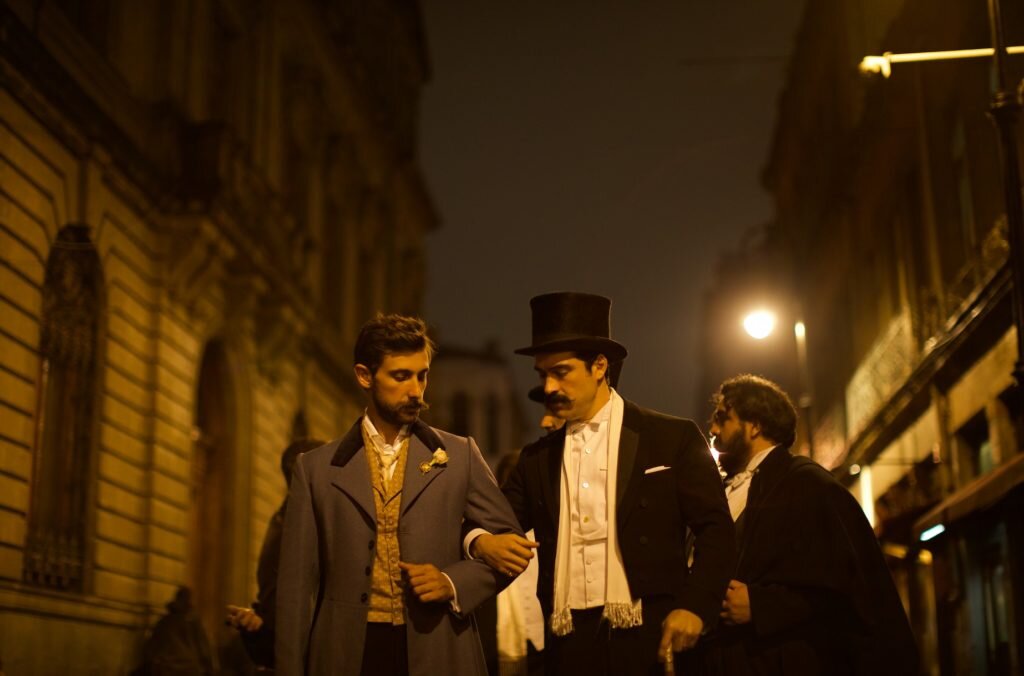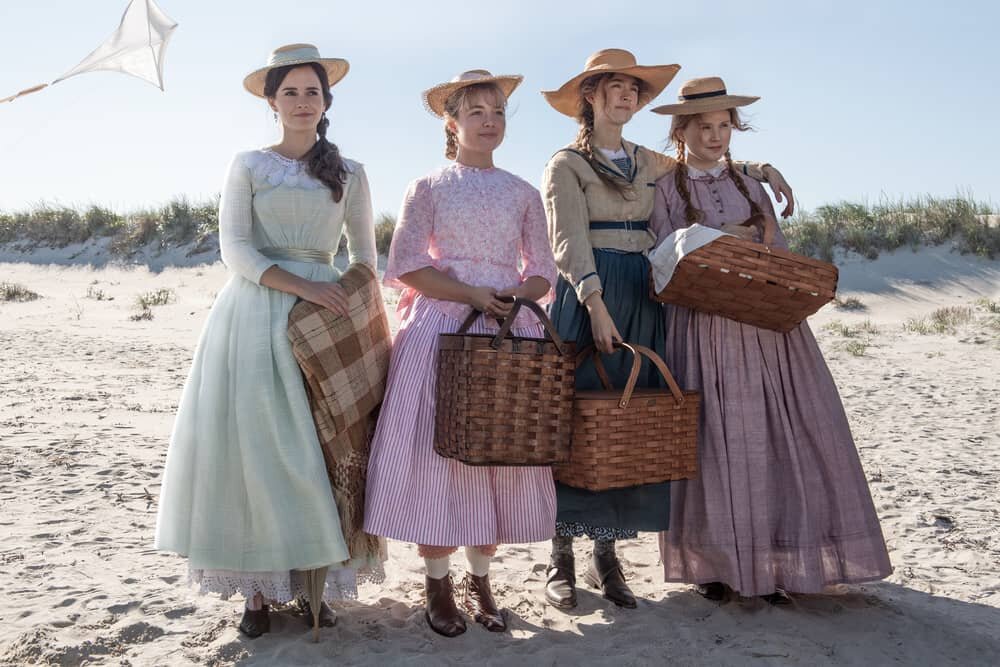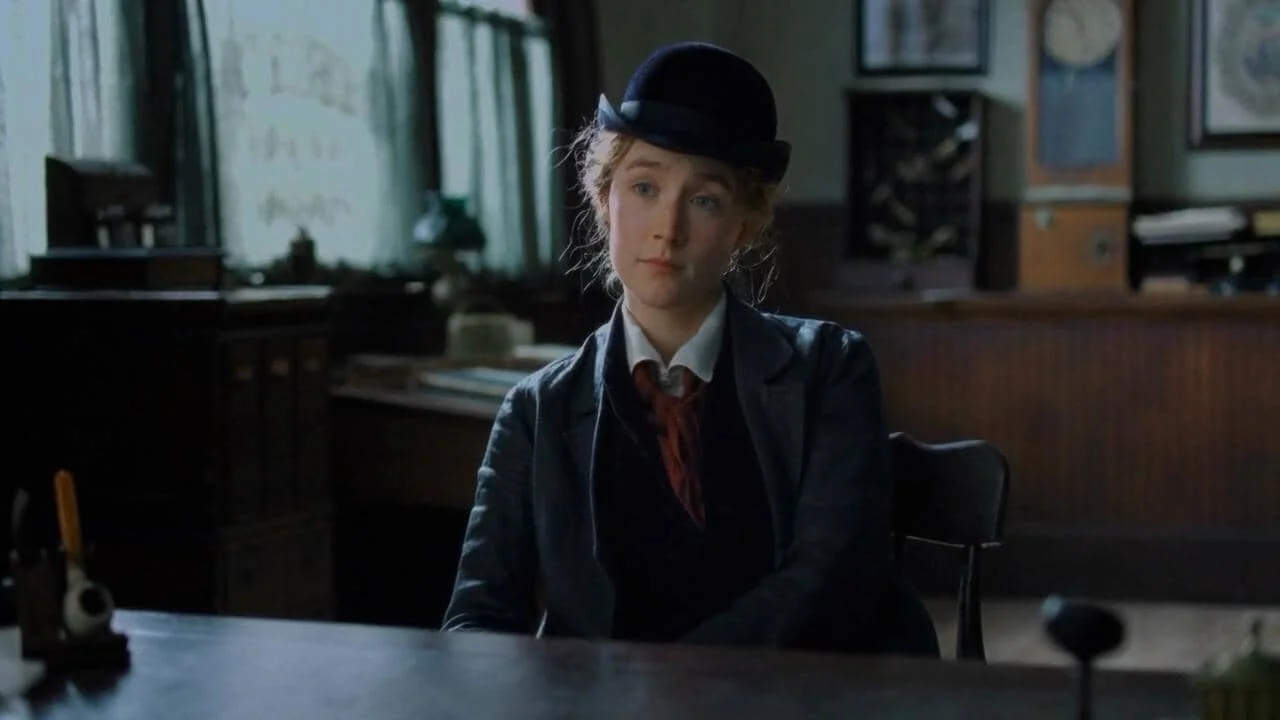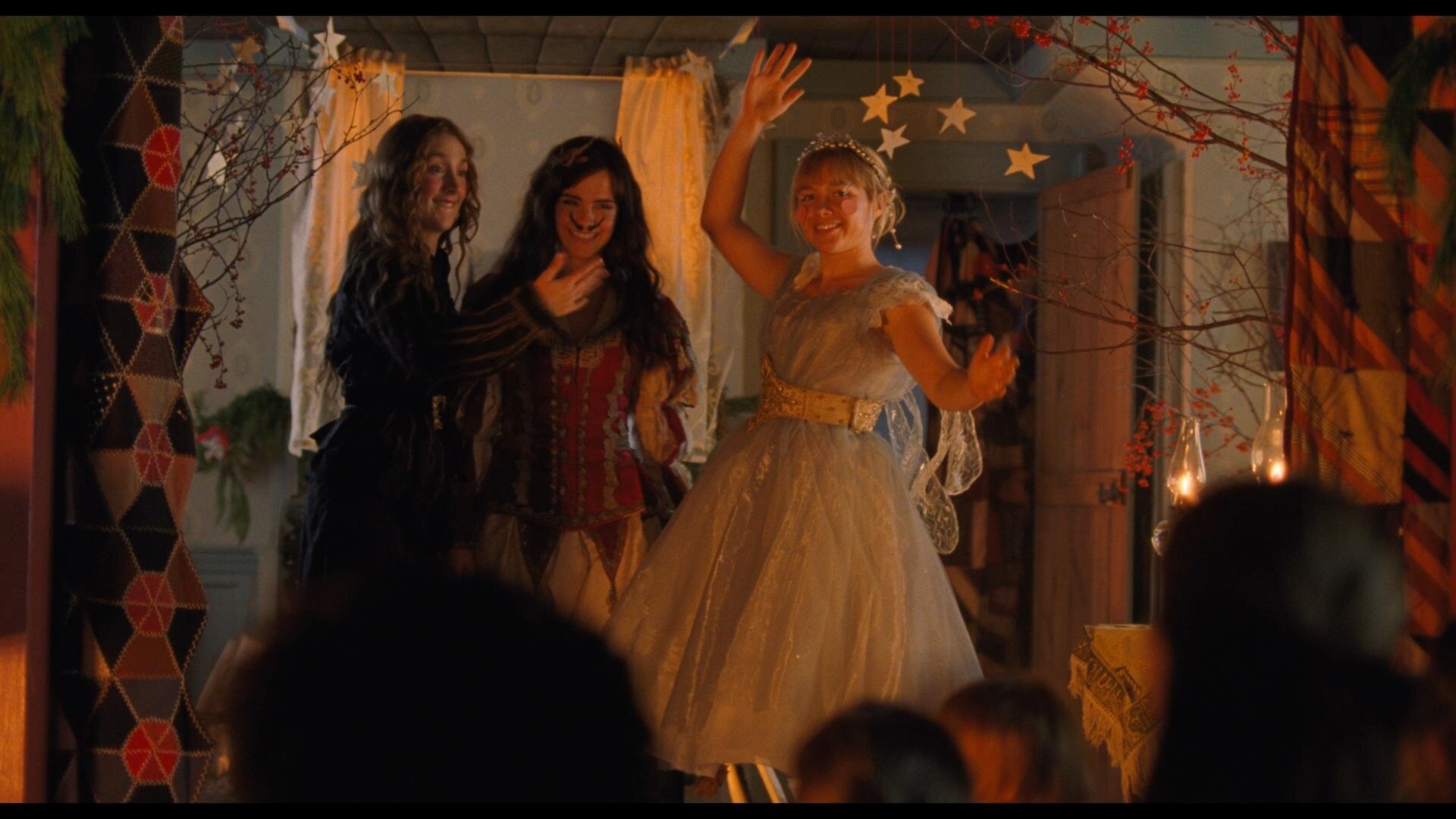MIX
Movie Club
‘Dance of the 41’ (2020)
Recommended by:
Amanda Costa (MIX 2021)
Based on the true tragic story of the first time homosexuality was explicitly spoken about in Mexican media, Dance of the 41 follows Ignacio de la Torre’s double life. He is the son-in-law of the President of Mexico and a promising minister. He is also a prominent member of the Club of the 41, a secret society for gay men of Mexico's ruling class.
A passionate love story, Dance of the 41 beautifully depicts the consequences of “deviating” from the status quo.
Herrera successfully portrays the contrasting emotions of a gay man hiding in early 20th century Mexican society: keeping up the facade of an abusive, manipulative white man vs being at the Club of the 41, where he truly feels free to express himself. Although the story’s main focus is Ignacio's life and his love story with Evaristo, the movie doesn’t leave Amada’s story, Ignacio’s wife, to be forgotten. Instead, it lets the viewer in to briefly explore Amada’s panic attacks caused by her isolation. She is seen as separate from society due to being a half-indigenous woman, and suffers also from her cold marriage.
All in all, the movie is a sobering reminder of the oppression the patriarchal and sexist society has created in Latin American cultures throughout time – wrapped in beautiful aesthetics, and a stunningly filmed orgy scene.
‘Little Women’ (2019)
Recommended by:
This is the seventh film adaptation based on the 1868 novel of the same name by Louisa May Alcott. It’s a coming-of-age story that follows the lives of the four March sisters —Meg, Jo, Beth, and Amy— and details their passage from childhood to adulthood. It should be noted that while writing the book, the author meant for the book to end without any romantic story for Jo. But they were forced by their editor to add one "because otherwise, the book wouldn't sell".
In this movie, we follow Jo - along with her sisters - who feels very strongly that romance (and we assume sex) is not for her. She lives for her passion (writing) and loves her family and friends very deeply. We read this character as Asexual and Aromantic.
The 2019 movie is trying to make up for the constraints given by the editor to Alcott - although clumsily. A rather vague dreamlike state is added at the end, where both endings are shown, and we are not sure which one is real.
Even though this is not perfect, we still recommend it, because it is as close to representation as we have ever gotten. Please be aware that as far as we are aware there has not been a single clear Asexual or Aromantic character in a movie so far.

